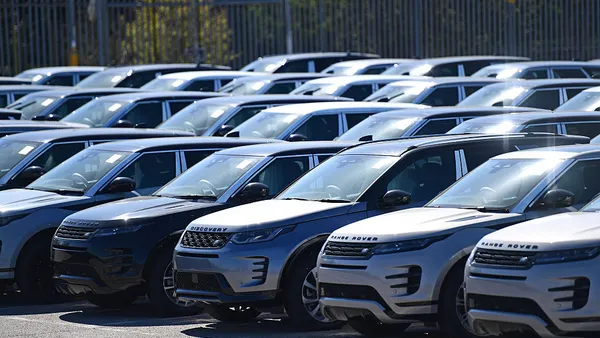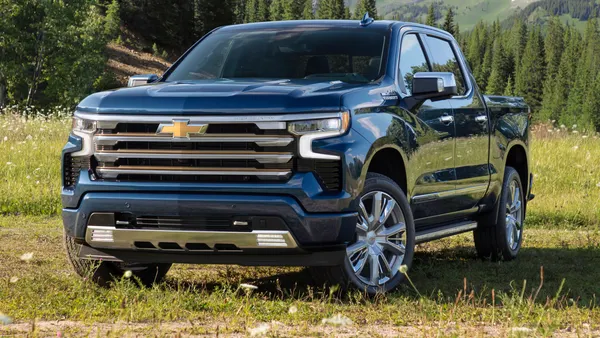Editor's note: This story is part of the WardsAuto digital archive, which may include content that was first published in print, or in different web layouts.
Environmentalists are on the warpath, accusing President Trump of rolling back fuel economy standards in favor of dirty SUVs that will pollute the planet. But these are gross exaggerations designed to get people riled up, not inform them of what’s really going on.
Of course, it’s understandable why environmentalists are hopping mad. Trump has given them every reason not to trust him on environmental issues.
But the divisiveness cuts both ways. This past January, just days before Trump was sworn in as president, the EPA pulled a fast one. It reneged on its promise to hold a midterm review of CAFE standards in April 2018.
Instead, it declared the standards were good to go even though it did not get input from automakers. So the automakers, and I mean all of them, asked Trump to reinstate the midterm review, something he probably will do soon.
What environmentalists never mention is U.S. emissions- and fuel-economy standards are the toughest in the world. There’s a misperception out there that European standards are tougher. They are not. And this explains why Volkswagen can “fix” the cheating 4-cyl. diesels it sold in Europe but can’t fix them here. The U.S. standards are that much tougher.
Also, no matter what Trump does, the U.S. standards will continue to get tougher every single year until 2022. That’s because the midterm review only affects the standards from 2022 to 2025. That’s when those standards really get tough – so tough every single automaker, not just the Detroit Three, is asking for relief. And they’re asking for one national standard, meaning they don’t want California to go off and set its own rules.
Automakers are not asking for a rollback. They just don’t want such a steep increase in such a short amount of time. As I keep suggesting, instead of making it a 2025 CAFE standard, push it back to 2030. Five extra years would give the industry enormous relief, yet we’d still get to the same goals. And even if we delayed CAFE by five years, the U.S. still would still have the toughest fuel-economy and emissions standards in the world.
This comes as a surprise to a lot of people. They point out that EU standards require lower outputs of pollutants, including carbon dioxide, on a grams-per- kilometer basis. And that’s true on paper.
The problem with the European standards is the testing procedures. They’re full of loopholes, the tests themselves are very easy and they bear little relation to what’s happening on the open road.
The International Council on Clean Transportation, or ICCT, found European cars on average emit 40% more CO2 on the open road than the regulations allow in the test lab. The British firm Emissions Analytics found smog-causing nitrogen-oxide emissions were four times higher than allowed. These easy-breezy test procedures have bedeviled European environmentalists for years. They’ve been fighting for changes but to no avail.
In fact, it was the ICCT that commissioned the University of West Virginia to test Volkswagen diesels on the open road. The ICCT wanted to prove to European regulators they could tighten up their test procedures because the U.S. standards were so much stricter.
And we all know what happened. Instead of finding the proof it was after, the ICCT uncovered Volkswagen’s cheating on diesel emissions by using defeat devices. Even more to the point, VW claims these defeat devices are not illegal in Europe.
So when you look at what’s really going on, U.S. emissions standards are far tougher than they are in Europe. And they will continue to be even if they are postponed for five years. And that’s why the industry deserves a midterm review and a reprieve, no matter who is president.











